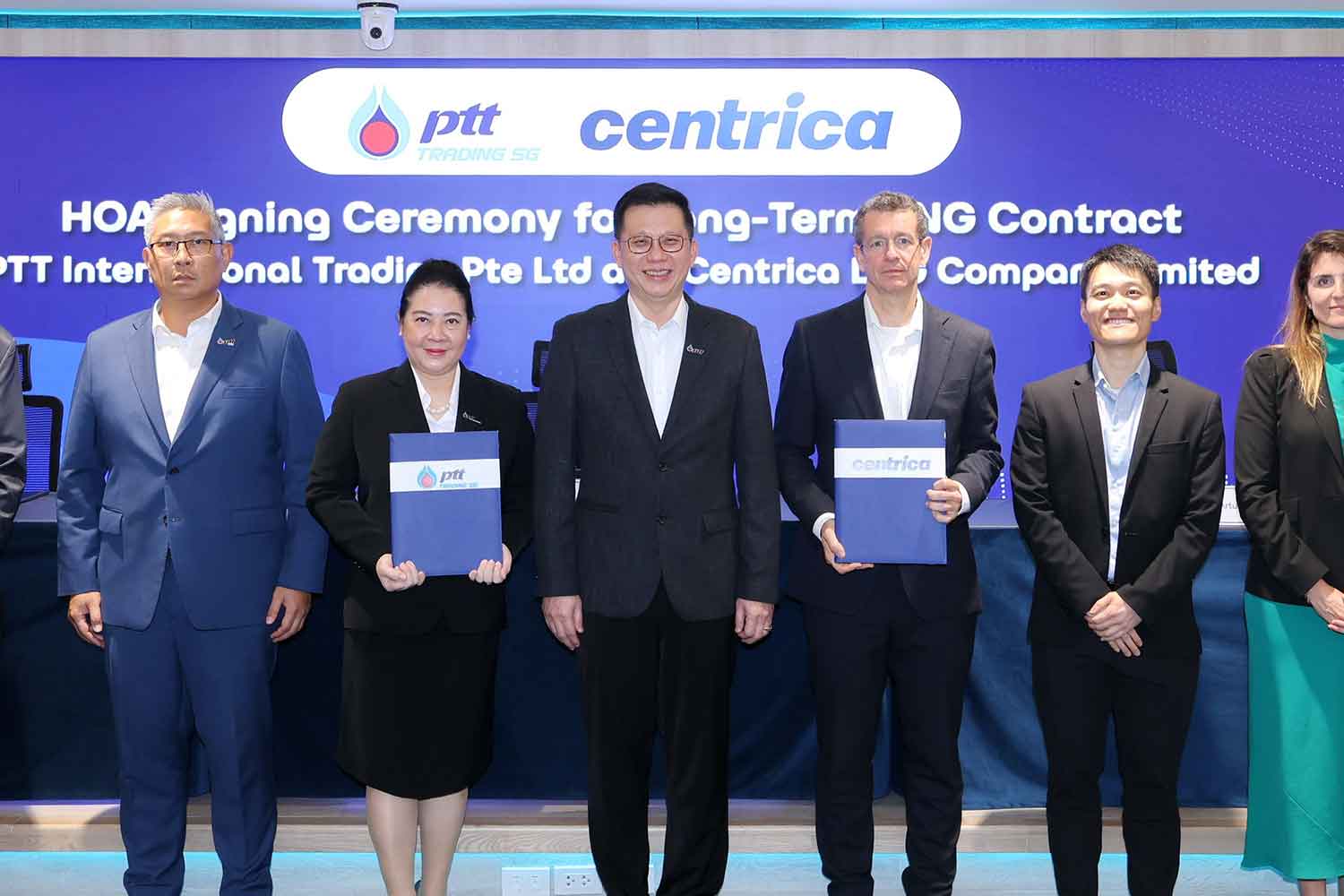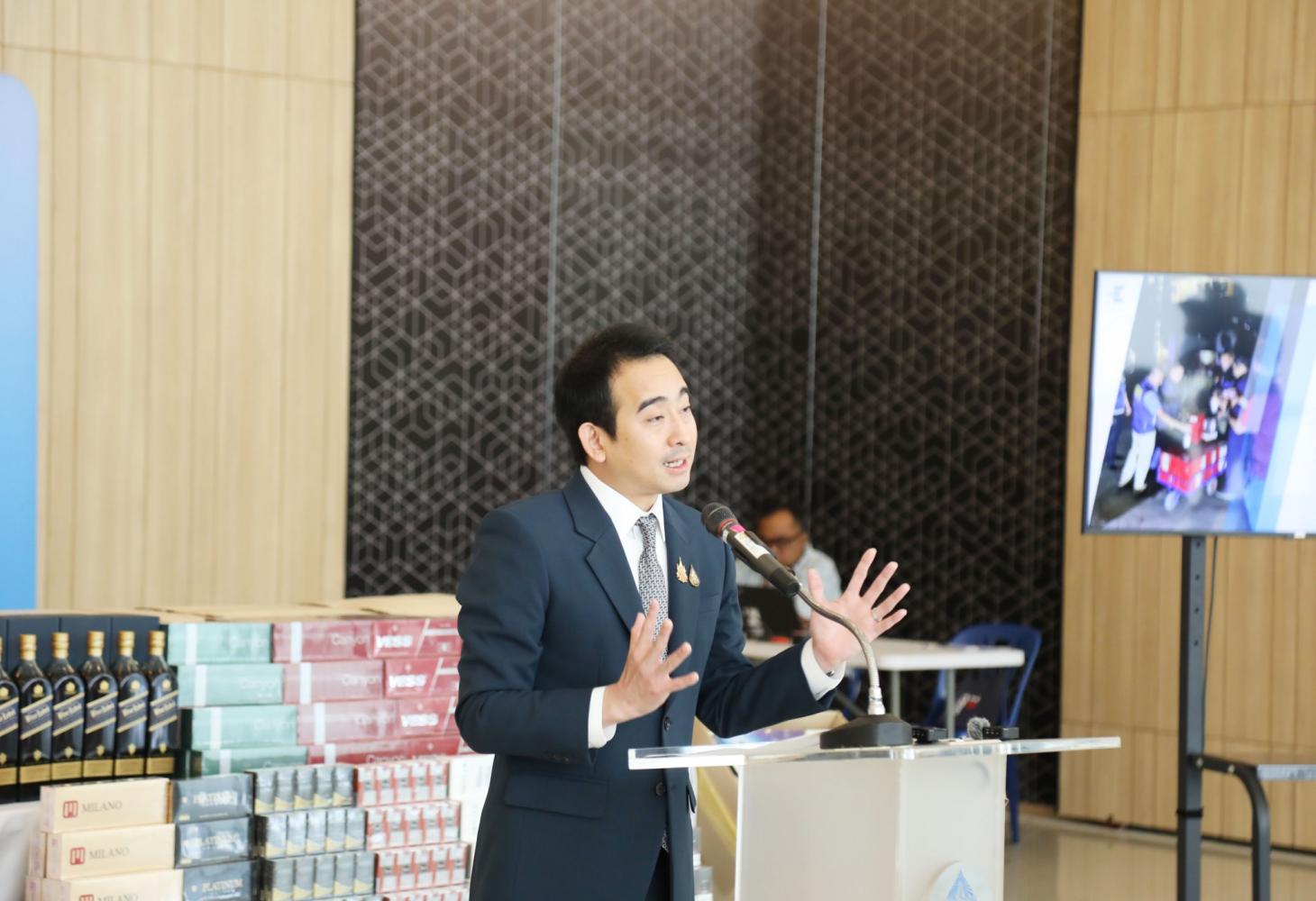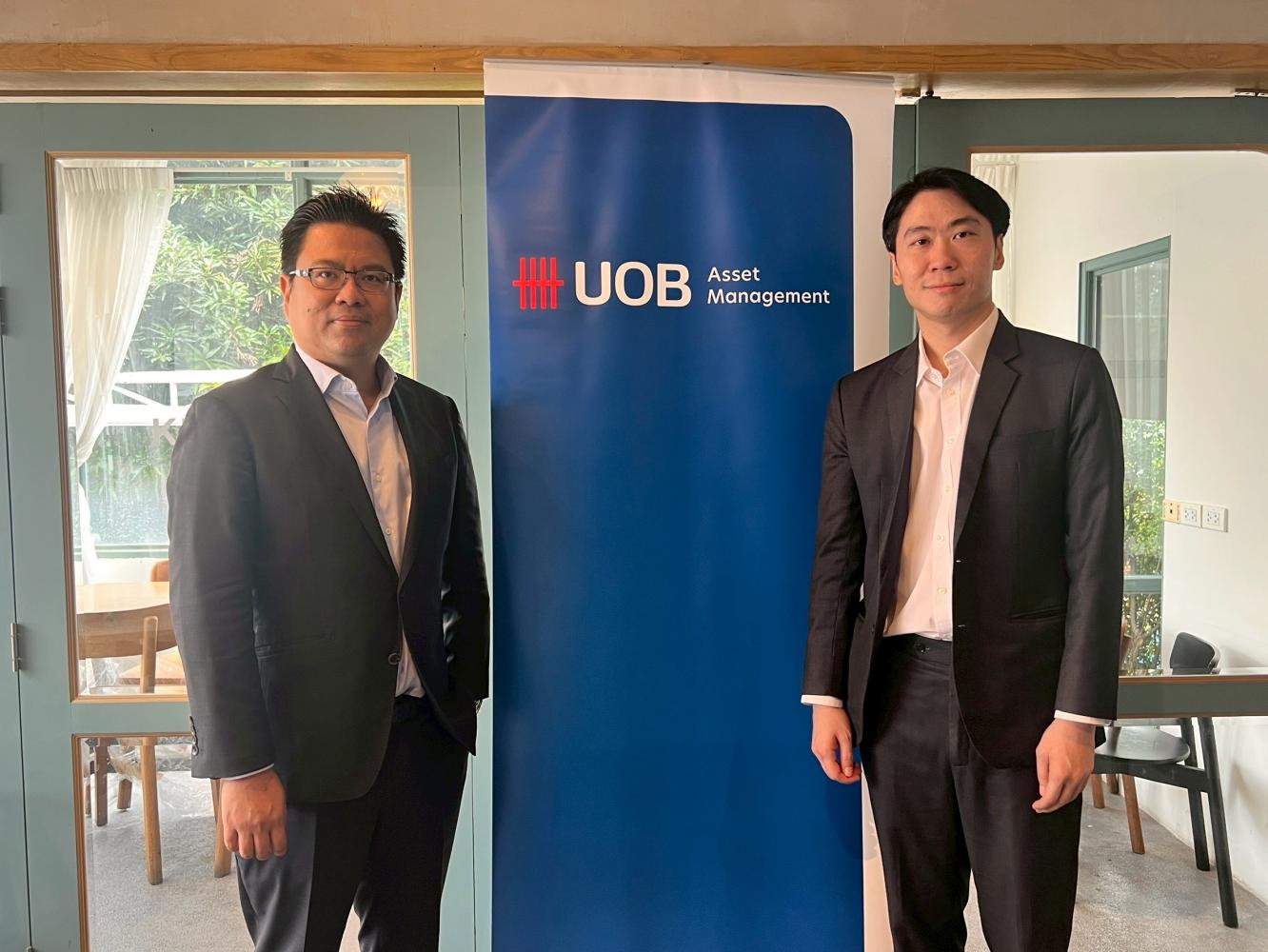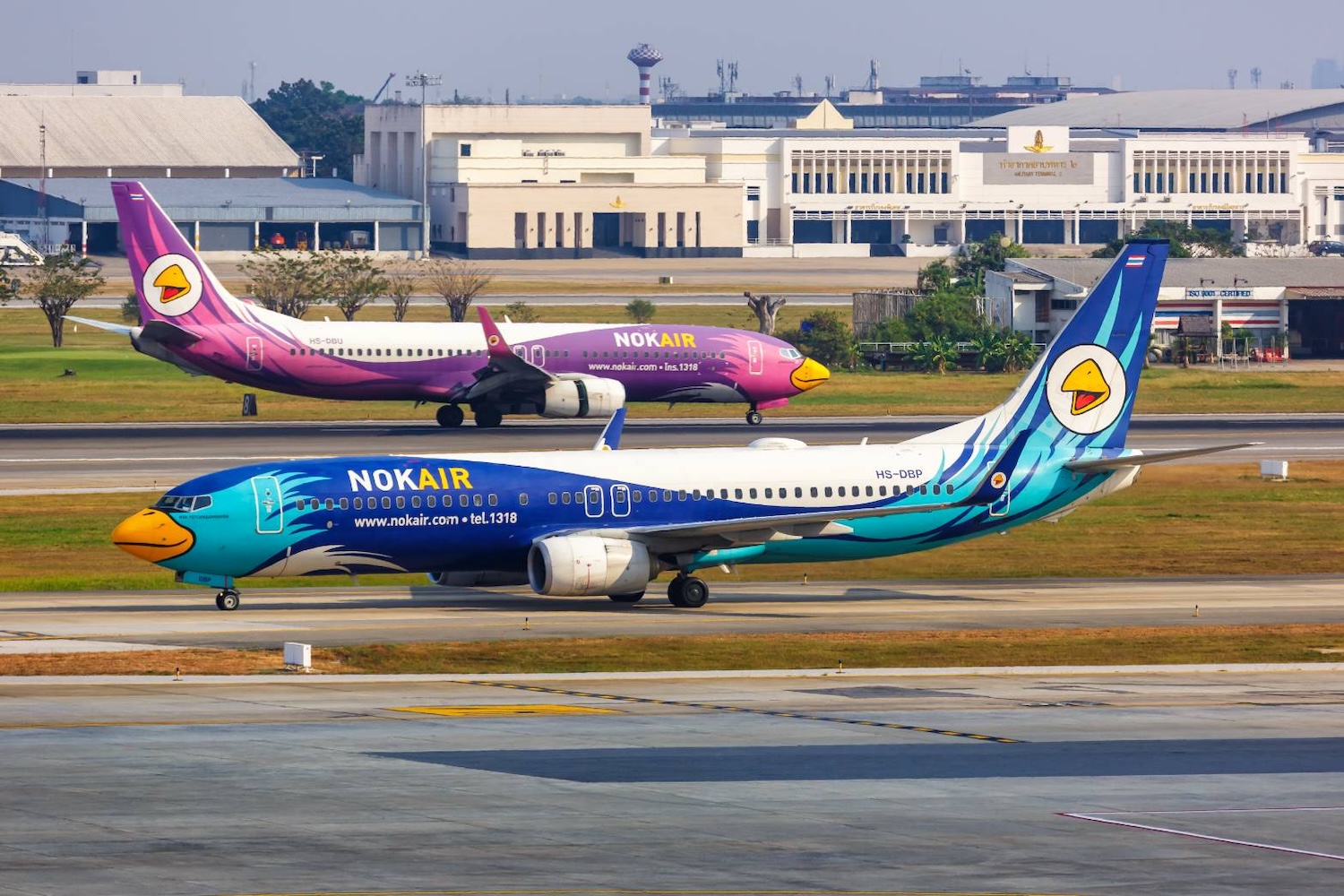PTT Plc, Thailand’s national oil and gas champion, is accelerating its push to become a leading LNG trader across Southeast Asia. In a strategic move to broaden its international footprint, PTT has signed a heads of agreement with Centrica LNG Co to establish a long-term LNG sales relationship, with deliveries slated to begin in 2028. This step follows PTT’s broader business model, which balances domestic LNG purchases to secure Thailand’s power generation needs with overseas LNG sales that generate revenue and diversify its trading portfolio. As PTT positions itself for sustained growth in the regional LNG market, the arrangement with Centrica marks a pivotal milestone in its journey toward becoming a major LNG trader in Southeast Asia, extending its reach beyond the borders of Thailand.
PTT expands its LNG trading footprint in Southeast Asia
PTT’s strategic expansion into LNG trading in Southeast Asia reflects a deliberate effort to leverage its existing capabilities in international energy trading while tapping new growth opportunities in a region with growing energy demand. The company’s dual approach—securing LNG supplies through long-term purchase contracts to meet domestic power generation needs and simultaneously selling LNG abroad to generate revenue—creates a balanced business model designed to enhance revenue streams and reduce exposure to volatile energy prices in the spot market. By actively participating in both the supply and demand sides of the LNG market, PTT can better manage price risk, optimize its freight and logistics networks, and align its trading strategies with evolving regional energy dynamics. This expansion is consistent with PTT’s broader ambition to strengthen international trading capabilities and establish itself as a recognised player in LNG procurement and sales across multiple Asian destinations. The Centrica LNG Co agreement is a clear signal that PTT intends to translate this strategic aspiration into tangible, long-term commercial arrangements that can support its growth trajectory, improve its resilience to market fluctuations, and position the company for ongoing success in Southeast Asia’s LNG landscape.
This move also underscores the importance of diversification in PTT’s portfolio. By diversifying its customer base and expanding beyond domestic markets, PTT can exploit the region’s growing LNG demand, particularly as economies in Southeast Asia pursue cleaner energy sources and greater energy security. The decision to pursue a long-term LNG sale with an established international player like Centrica LNG Co introduces a reliable counterpart with global LNG trading capabilities, potentially providing PTT with more stable revenue streams and enhanced bargaining power in future negotiations. In this context, the Centrica agreement is not merely an isolated deal but a strategic lever that could catalyze further international trading opportunities for PTT. It signals confidence among PTT’s leadership that the company has the operational capacity, financial discipline, and market know-how necessary to navigate complex long-term LNG contracts and to deliver value to shareholders through enhanced cross-border LNG flows. The overall aim is to strengthen PTT’s position as a trusted LNG trader in Southeast Asia and to contribute to a more integrated regional energy market characterized by stable supply chains and predictable gas pricing structures.
Moreover, PTT’s ongoing efforts reflect a recognition that Southeast Asia’s energy landscape is evolving. Rising demand for reliable energy supply, coupled with the need to diversify supply sources, provides a supportive backdrop for long-term LNG trading relationships. As countries in the region pursue energy security and decarbonization goals, LNG remains a flexible and low-emission option that can adapt to various energy mixes and grid requirements. In this context, PTT’s strategic push in LNG trading aligns with broader regional trends toward diversification of energy supply, improved energy security, and the development of more sophisticated trading platforms that can handle complex contractual arrangements, scheduling, and delivery logistics. The Centrica deal, therefore, serves not only as a standalone milestone but also as a signal of PTT’s readiness to integrate into regional LNG supply chains and to contribute to a more robust and resilient Southeast Asian energy market.
Details of the heads of agreement with Centrica LNG Co
At the core of PTT’s expansion is a heads of agreement (HoA) with Centrica LNG Co that outlines a framework for long-term LNG sales, with anticipated deliveries starting in 2028. The HoA functions as a strategic roadmap that clarifies the key elements of the contemplated deal, ensuring both parties are aligned on critical terms before formal binding agreements are executed. In practical terms, the HoA provides the structure within which negotiations will proceed, defining expectations around volumes, pricing mechanisms, delivery schedules, and destination flexibility. The agreement signals the parties’ shared intent to pursue a multi-year arrangement, reinforcing the commitment to a stable, predictable relationship that can underpin long-term revenue generation and supply reliability for Centrica while enabling PTT to optimize its LNG portfolio and international trading operations.
Under the terms of the HoA, PTT’s subsidiary, PTT International Trading Pte, will be responsible for supplying LNG to Centrica for a 10-year period. The scope of the arrangement covers a range of destinations across Asia, reflecting Centrica’s global LNG needs and PTT’s capability to deliver LNG across multiple markets. The deliveries will be based on a delivered ex-ship (DES) basis, a common pricing and delivery framework in LNG contracts that defines the point at which the seller’s obligations are fulfilled and the LNG is deemed to be delivered to the buyer. The inclusion of a DES delivery basis indicates that PTT will assume responsibility for LNG up to the point at which the cargo is loaded and made available to Centrica at the destination port, after which Centrica assumes responsibility for onward shipment and associated costs. This structure aligns with industry practice for long-term LNG contracts and provides a clear mechanism for risk allocation, transportation logistics, and performance measurement across the life of the contract.
The HoA also clarifies that the agreement will involve a 10-year horizon, enabling both PTT and Centrica to plan with greater certainty and align their commercial and operational strategies over an extended period. This duration is particularly meaningful in the LNG market, where long-term contracts are often used to secure supply commitments, manage price risk, and support project financing for upstream and downstream developments. By establishing a 10-year framework, both parties can coordinate on investment decisions, shipping schedules, and potential adjustments to volumes or destinations in response to evolving market conditions, regulatory changes, or energy security considerations. The HoA’s emphasis on a long-term, multi-destination delivery plan reflects a strategic intent to strengthen cross-border LNG trade relationships and to embed PTT’s growing role as a trusted LNG supplier within Asia’s energy ecosystem.
In describing the strategic significance of the HoA, PTT’s leadership has highlighted the deal’s potential to advance the company’s international growth ambitions. For PTT, securing Centrica as a long-term customer outside of Thailand marks a meaningful milestone in its internationalization journey, signaling that the company is not only a domestic supplier but also a credible exporter of LNG to regional markets. The Centrica arrangement provides a platform for PTT to leverage its LNG trading capabilities, logistical networks, and risk management practices to meet a major buyer’s needs over an extended period. As Centrica’s LNG demand profile evolves, PTT will work to optimize cargo scheduling, port-of-origin choices, and delivery windows to maximize value for both sides while maintaining reliability and quality assurances across the supply chain. The parties’ willingness to establish such a long-term framework underscores confidence in PTT’s ability to deliver LNG consistently to Centrica while supporting Centrica’s broader energy supply strategy across Asia and beyond.
Delivered Ex-Ship (DES): what it means for pricing and delivery
Delivered Ex-Ship, or DES, is a widely used framework in LNG trading that defines the point at which the seller’s obligation is considered complete. Under a DES arrangement, the seller is responsible for the LNG up to the moment it has been made available to the buyer on board the ship at the destination. After the LNG is on the vessel and accessible to Centrica, the buyer assumes responsibility for the cargo, including offloading, unloading, and associated costs at the port of destination. The DES framework provides a clear demarcation of responsibilities and risk allocations, helping both parties manage credit exposure, forecasting accuracy, and performance metrics across a multi-year contract. DES arrangements can influence pricing dynamics, as the carrier, port costs, insurance, and other logistical factors impact the total landed cost of LNG. In the Centrica-PTT agreement, DES is the baseline delivery mechanism that ensures Centrica has clarity on when ownership and risk transfer occur, while allowing PTT to manage the physical delivery process across a range of Asian destinations pursuant to the 10-year program.
From an operational standpoint, DES delivery requires robust logistics planning, a reliable fleet of LNG carriers, and well-coordinated port and terminal services in the destination markets. PTT International Trading Pte, as the supplying entity under the HoA, will need to manage multiple cargoes, ship schedules, and regulatory compliance across different jurisdictions. The DES basis also implies that PTT bears the risk of ensuring cargo readiness, cargo conditioning, and cargo quality until it reaches the destination port and is made available to Centrica on board. This framework necessitates strong commercial and operational governance, including performance oversight, quality control, and risk management mechanisms to accommodate potential disruptions, shipping delays, or cargo re-gasification issues at the destination. By embracing DES, both parties can rely on a standardized, industry-accepted delivery model that supports long-term planning and predictable cash flows, aligning with each company’s strategic objectives in international LNG trading.
The DES arrangement in this HoA therefore embodies a balance of reliability, performance, and risk management, providing Centrica with predictable access to LNG while allowing PTT to maintain control over supply logistics and delivery planning across Asia. The design of this framework reinforces the alignment between PTT’s international trading capabilities and Centrica’s procurement needs, enabling both parties to synchronize their procurement and delivery activities over the 10-year horizon. As the negotiations advance toward binding agreements, both sides will likely refine ancillary terms, including pricing formulas, volume tolerances, nomination procedures, and any potential flexibility regarding destinations within Asia. The DES-based framework lays a solid foundation for a durable, long-term partnership that can adapt to evolving market dynamics while preserving the core principles of reliability, transparency, and mutual benefit.
PTT International Trading Pte’s role and the significance of the first long-term LNG sale outside Thailand
PTT International Trading Pte stands at the center of this milestone, acting as the principal supplier of LNG under the Centrica arrangement. This entity’s involvement underscores PTT’s strategic objective to extend its reach beyond the Thai market and participate in long-term LNG trading on a regional and international scale. The fact that this marks PTT International Trading Pte’s first long-term LNG sales contract outside Thailand highlights the company’s transition from a domestic buyer and seller to a broader, more diversified LNG trader with cross-border capabilities. It demonstrates the organization’s readiness to operate under complex, multi-destination contracts that require sophisticated logistics planning, risk management, and commercial governance across international markets. By taking on a first-of-its-kind outside-Thai contract, PTT International Trading Pte is signaling confidence in its ability to deliver LNG to major buyers in Asia over an extended period, while leveraging its relationships, trading platforms, and operational strengths to support Centrica’s regional energy procurement strategy.
This development aligns with PTT’s international growth ambitions, reinforcing the company’s strategic direction toward building a robust international LNG trading platform. It also signals confidence in a market outlook where LNG continues to play a critical role in balancing energy demand, price stabilization, and energy security across Asia. The Centrica deal thus serves as a proof point for PTT’s capacity to execute complex, long-term LNG supply arrangements and to manage the end-to-end supply chain across diverse destinations. The partnership could pave the way for additional long-term LNG sales to other international buyers, expanding PTT’s customer base, diversifying its revenue streams, and integrating its Thai trading expertise with broader regional opportunities. As PTT continues to pursue international trading growth, the Centrica HoA stands as a foundational contract that could anchor future collaborations and strengthen Southeast Asia’s position in global LNG markets.
In parallel with this milestone, PTT has already announced a separate strategic move to secure LNG through a long-term purchase contract with Alaska, involving the procurement of 2 million tonnes of LNG. This Alaska LNG purchase is designed to mitigate exposure to price fluctuations in the spot market and to address the trade balance with the United States. By combining long-term supply agreements with long-term sales initiatives, PTT is crafting a more integrated LNG strategy that supports both Thailand’s energy security and its ambition to be a leading LNG trader in the region. The Alaska LNG procurement complements the Centrica venture by providing a reliable and cost-competitive source of LNG to diversify PTT’s portfolio and to help stabilize its overall LNG pricing framework across a broader set of contracts and counterparties.
Thailand’s energy security context: LNG as a cornerstone for power generation
Thailand relies on LNG to fuel its power generation, a role that has become increasingly important as domestic gas supply declines. The country’s energy strategy recognizes the need for diverse and secure gas sources to ensure reliable electricity supply for households and industries. LNG provides a flexible option for meeting peak demand, stabilizing supply when domestic gas fields are constrained, and supporting the country’s transition toward cleaner energy sources. The decision to pursue long-term LNG arrangements with international buyers and suppliers serves a dual purpose: it reinforces Thailand’s energy security by ensuring a predictable supply of LNG for power generation, and it supports the local economy by enabling a resilient energy market with trusted trading partners. For PTT, this context creates both a requirement and an opportunity: it must balance Thailand’s energy needs with its strategic objective to monetize LNG assets through international trade, thereby contributing to national energy security while growing a sustainable and diversified revenue base.
The scenario also reflects broader regional dynamics in Southeast Asia, where energy demand is rising due to population growth, industrial expansion, and development programs. Against this backdrop, LNG increasingly plays a central role in regional energy diversification plans, complementing other energy sources such as renewables and traditional gas supplies. Southeast Asian governments are keen to secure long-term LNG supply arrangements with credible counterparties to stabilize electricity prices and support infrastructure development, including regasification terminals and pipelines. In this environment, PTT’s willingness to engage in long-term contracts outside Thailand positions the company to participate more actively in cross-border LNG flows, contributing to regional energy security and supply resilience. The Alaska LNG purchase further exemplifies the strategic logic of pairing stable supply with diversified markets, reducing exposure to single-source risk and providing flexibility in how LNG cargoes are scheduled and allocated across the region.
Implications for revenue, risk management, and regional energy markets
The Centrica HoA and the Alaska LNG purchase collectively broaden PTT’s revenue opportunities while strengthening its risk management framework. The long-term LNG sales contract provides a predictable revenue stream for PTT International Trading Pte and helps smooth earnings over an extended horizon, reducing susceptibility to short-term price swings in the global LNG market. For Centrica, the arrangement offers a dependable supply arrangement with a trusted regional trader, reinforcing Centrica’s own procurement strategy in Asia and expanding its access to diversified LNG sources. The partnership could also create opportunities for further collaborations with other regional buyers who are seeking long-term gas supply arrangements under stable delivery frameworks.
From a risk management perspective, the combination of long-term supply obligations with long-term demand commitments provides a balanced approach to price risk and volume risk. PTT’s policy of securing LNG through long-term purchase contracts—such as the Alaska LNG deal—helps cushion the company against volatility in spot markets, while its long-term sales to Centrica supports revenue stability and cash flow predictability. The DES framework further contributes to this by clearly delineating responsibilities and risk transfer points, enabling both sides to structure hedging, credit risk controls, and compliance measures that align with their risk appetite and capital allocation strategies. In addition, the multi-destination nature of the Centrica arrangement aligns with the region’s growing demand for flexible and diversified LNG supply, potentially enabling PTT to optimize cargo routing, shipping costs, and port operations to maximize value for both parties over the contract’s duration.
The broader Southeast Asian LNG market stands to gain from PTT’s expanded trading capabilities. A more active regional trader can contribute to more efficient price discovery, enhanced liquidity in LNG cargoes, and improved resilience of energy supply chains across the region. PTT’s international expansion policy could pave the way for other Southeast Asian players to adopt similar cross-border trading approaches, fostering a more integrated regional energy market with shared infrastructure, standardized trading practices, and collaborative risk management. As Asia’s energy demand grows, LNG will remain a critical component of energy security strategies, complementing domestic gas production, and complementing renewable energy integration where pace and scale require reliable, dispatchable fuel. PTT’s efforts to diversify its LNG portfolio, both as a supplier and a buyer, position the company to participate more actively in shaping Southeast Asia’s LNG landscape and contributing to the stability of regional energy markets.
Conclusion
PTT’s strategic initiative to strengthen its LNG trading position in Southeast Asia marks a meaningful evolution in the company’s business model. By signing a heads of agreement with Centrica LNG Co for long-term LNG sales to commence in 2028 and by positioning PTT International Trading Pte as the delivering entity over a 10-year period on a DES basis, PTT is advancing its goal of becoming a major LNG trader in the region. The HoA serves as a roadmap that aligns both parties on essential terms while enabling the negotiation of a binding, long-term contract. The deal represents PTT’s first long-term LNG sales contract outside Thailand, underscoring the corporation’s international growth ambitions and its readiness to navigate cross-border LNG markets. In parallel with the Centrica arrangement, PTT’s previously announced Alaska LNG purchase of 2 million tonnes demonstrates a commitment to price risk management and supply security in the context of a broader strategy to balance domestic needs with international trade opportunities. Thailand’s ongoing need for LNG to sustain power generation—driven by declines in domestic gas supply—provides a solid domestic anchor for these international efforts, ensuring that LNG purchases and sales align with national energy security objectives. Together, these developments illustrate PTT’s proactive approach to reshape its LNG trading capabilities, diversify its revenue streams, and contribute to a more robust and interconnected Southeast Asian energy market.





